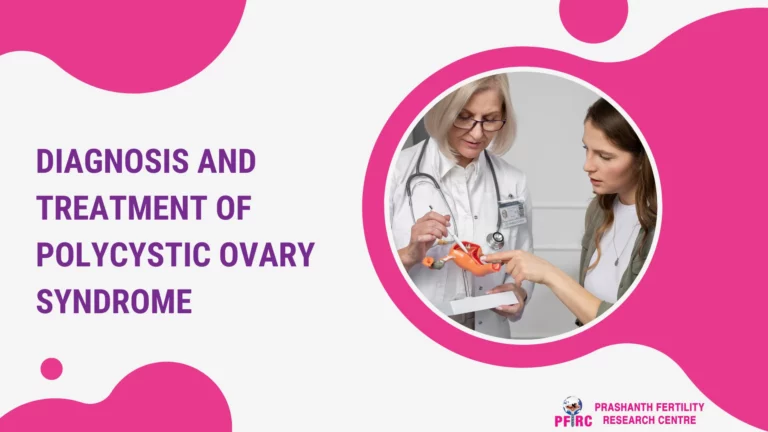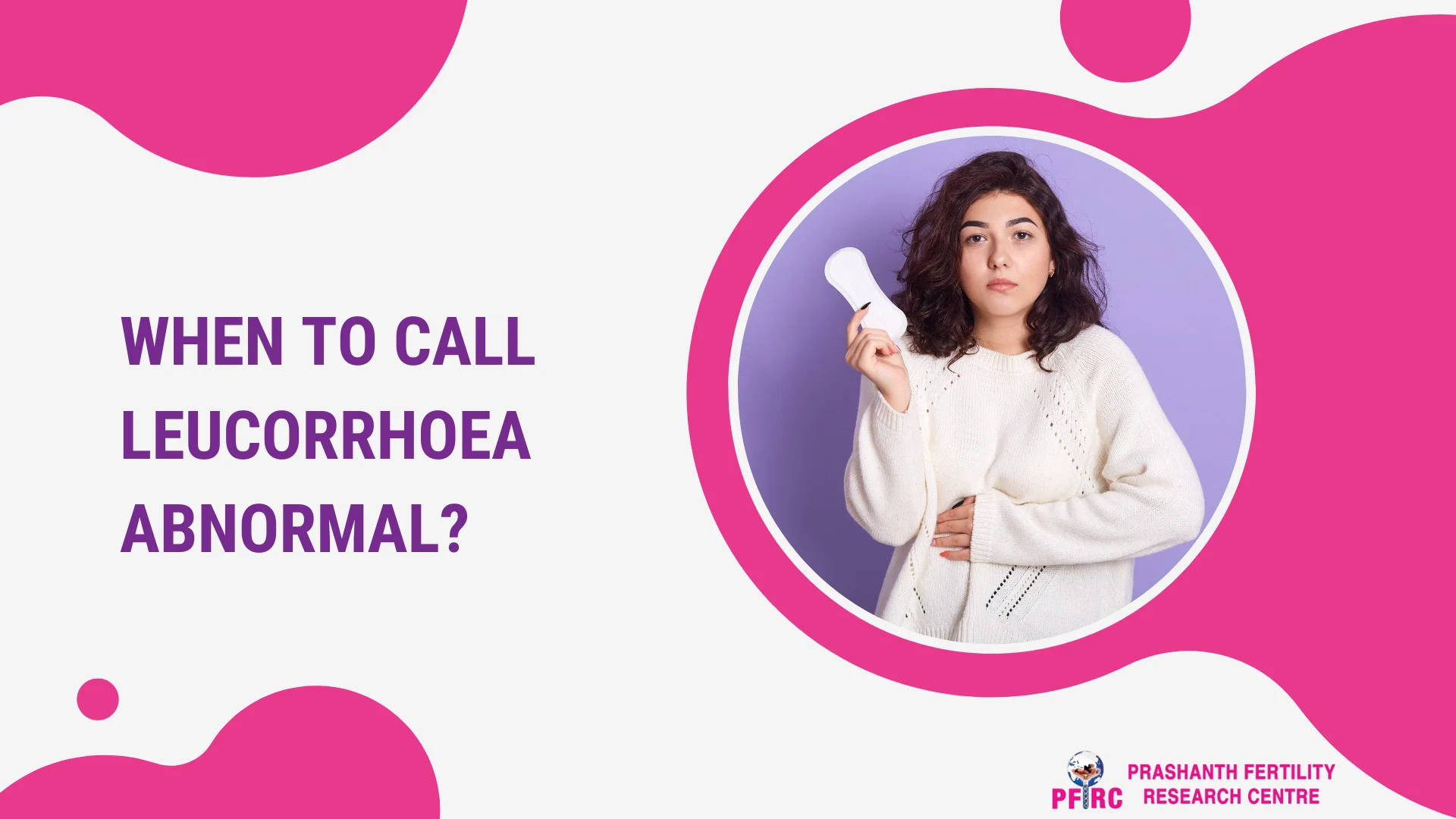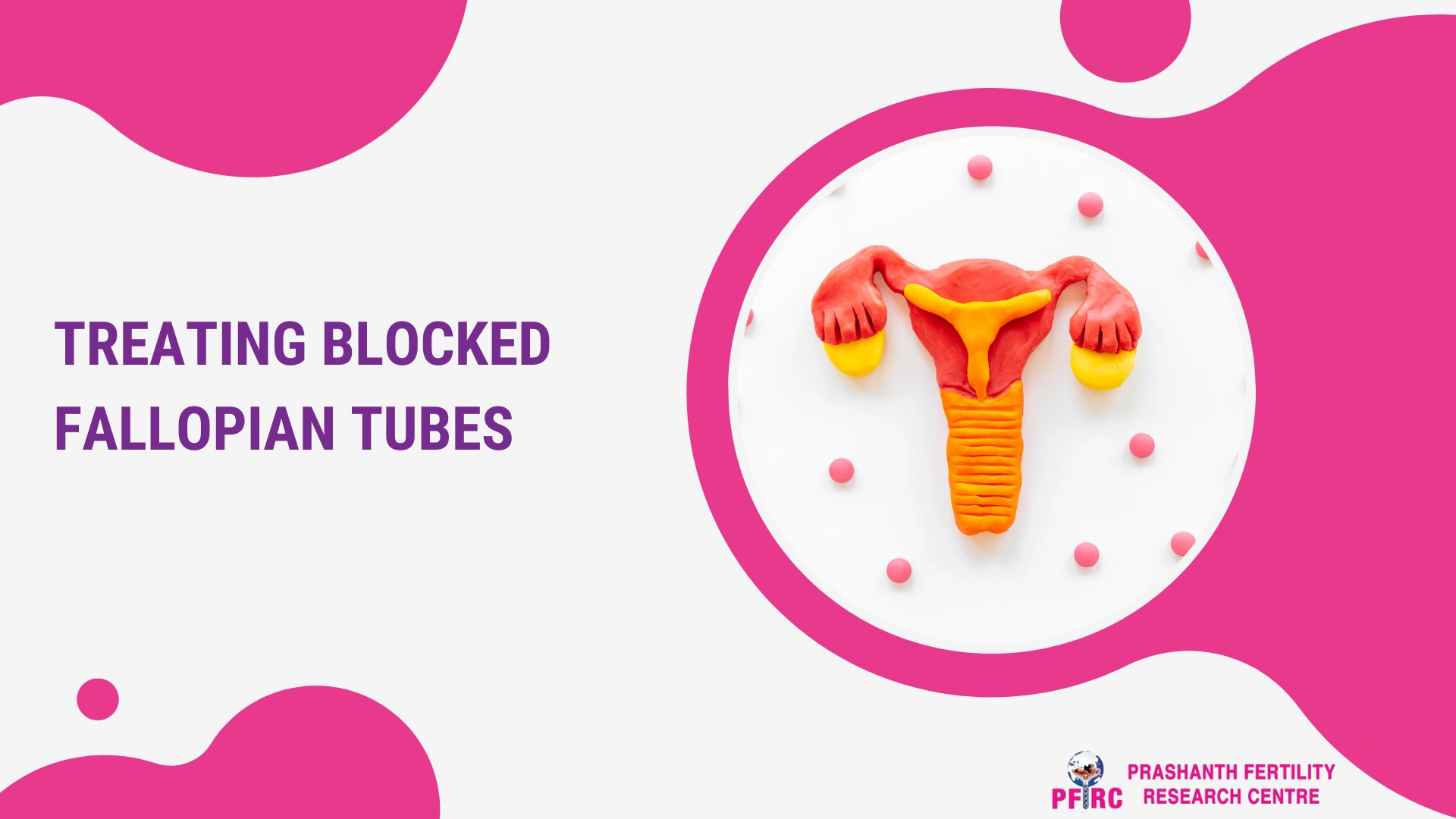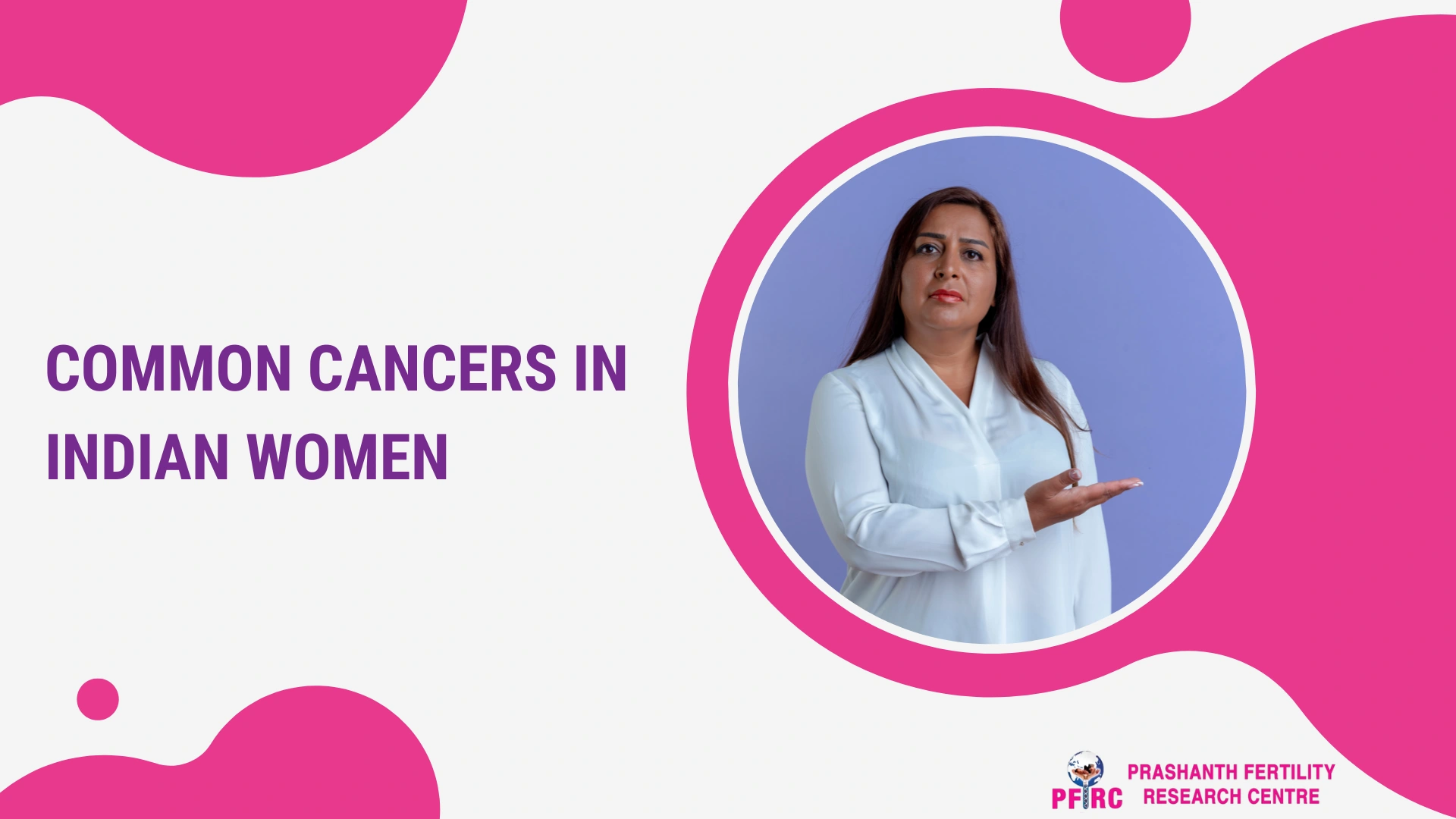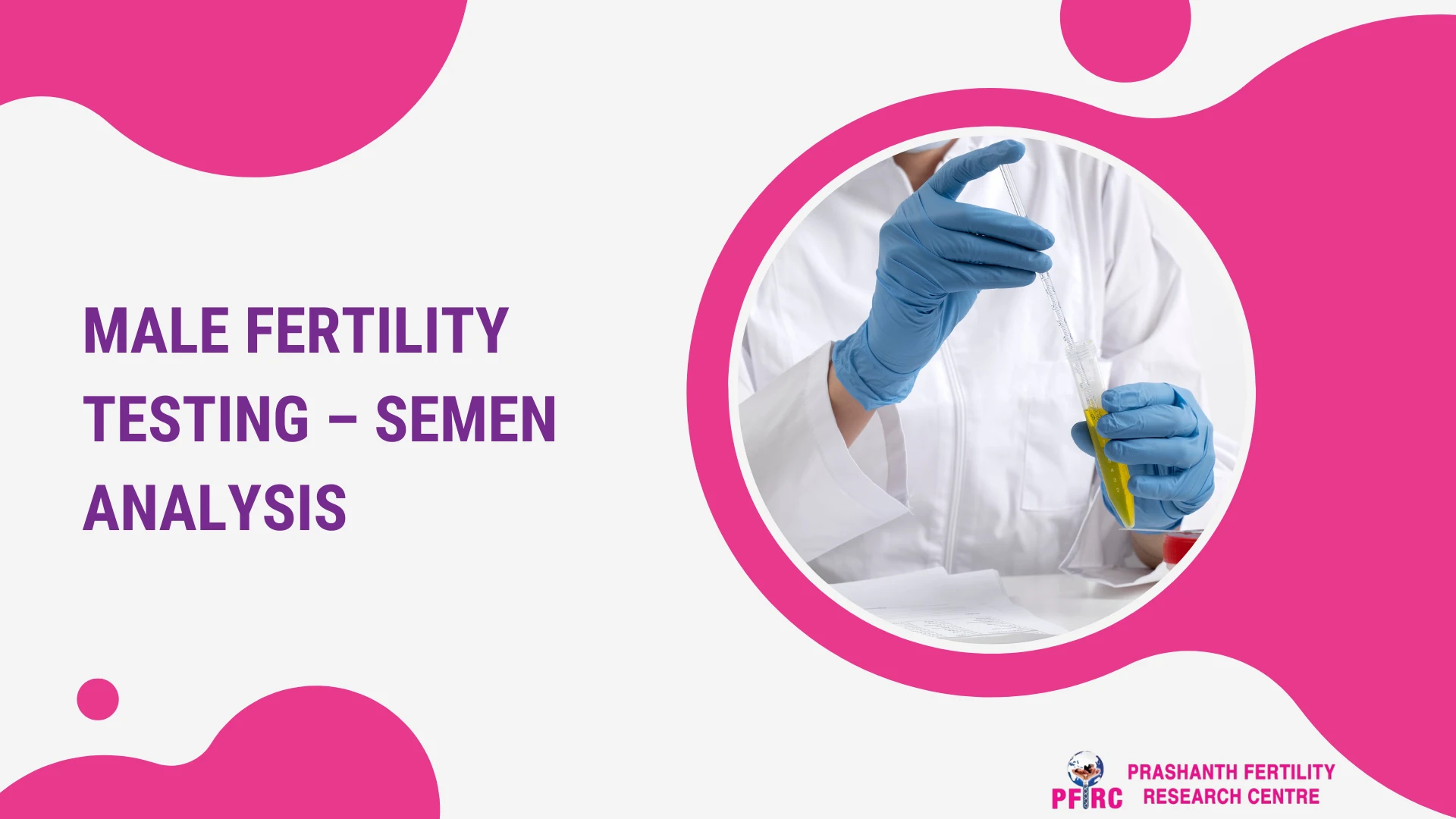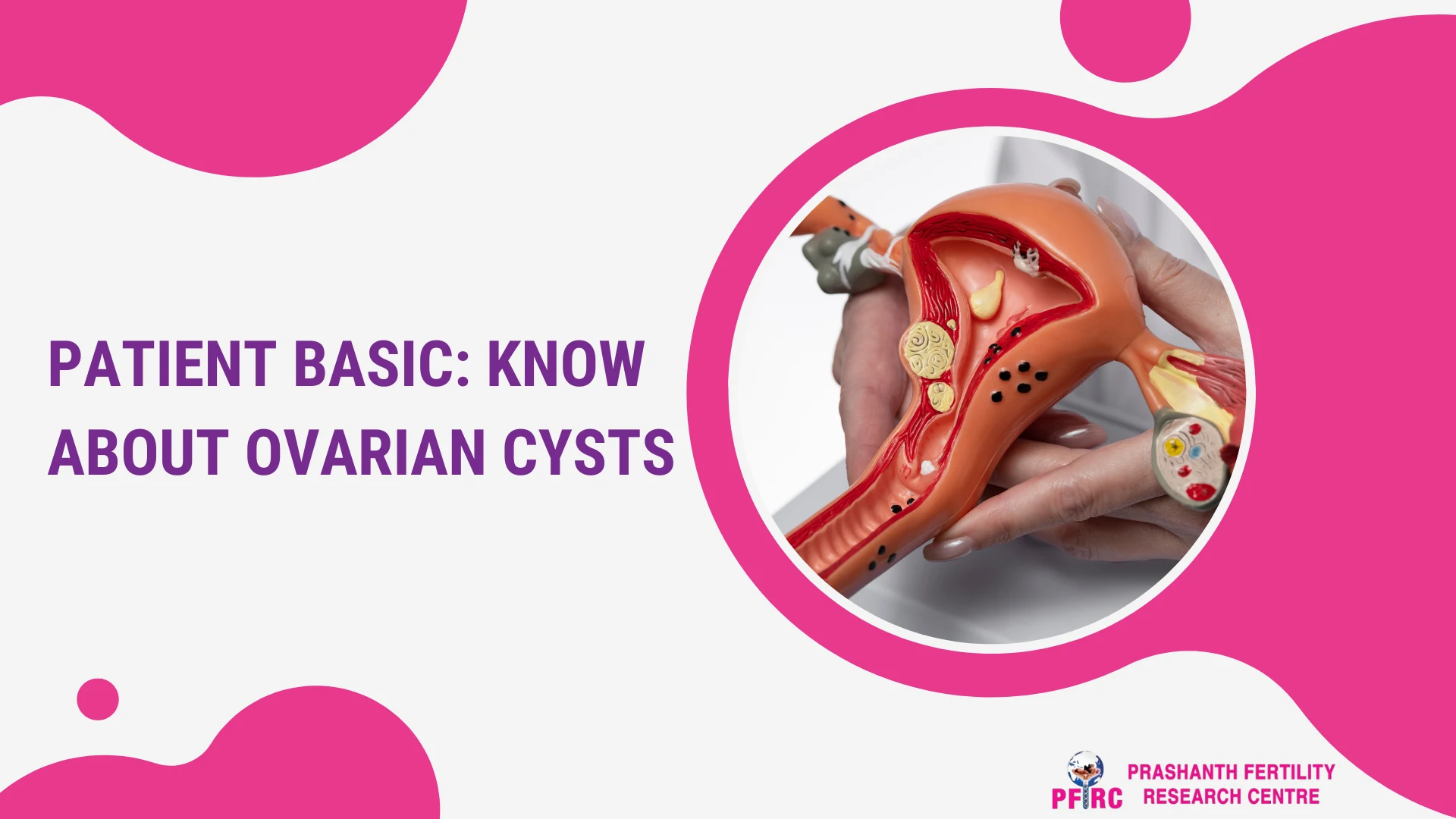DIAGNOSIS OF PCOS
A thorough history and physical examination should precede the diagnostic workup. Clinicians should pay close attention to the patient’s menstrual history, as well as any weight fluctuations and their impact on PCOS symptoms. When at least two of the following three criteria are met, a PCOS diagnosis can be made:
- Irregular periods or no periods
- Higher levels of androgens are present in the blood (hyperandrogenism), shown by a blood test or symptoms such as excess facial & body hair growth, scalp hair loss, and acne. Blood tests are used to assess the levels of androgens in your body.
- Polycystic ovaries are visible on an ultrasound.
TREATMENT OF PCOS
There is no cure for PCOS. Symptoms, on the other hand, can be addressed, and your health risks can be decreased. The treatment that each woman receives will differ depending on whatever symptoms bother her most and what the desired outcomes are.
PREVENTING LONG-TERM PROBLEMS
You should:
- Eat a healthy diet
- Exercise regularly
- Lose weight if you are overweight or obese
- Not smoke
Healthy lifestyle advice is applicable to everyone, regardless of whether they have PCOS or not. It is especially important for women with PCOS, as they may have additional risk factors for health problems later in life. If you are not overweight and do not smoke, your risks are greatly reduced.
SYMPTOMS OF PCOS
Women with various PCOS types may experience symptoms that come and go, particularly if their weight fluctuates dramatically. As a result, it can be difficult to diagnose the illness. Some of the signs and symptoms are listed below.
- Irregular periods or no periods at all
- Weight gain/ difficulty in losing weight
- Unable to get pregnant
- An increase in facial/ body hair
- Hyperpigmentation of skin around flexures, nape of the neck due to increased insulin hormone
- Blood tests show higher testosterone levels
- An ultrasound scan shows polycystic ovaries
You may be referred to a gynecologist or an endocrinologist after a diagnosis is made.
Book an Appointment With The Best gynaecologist in Chennai at PFRC
PCOS requires an individualized treatment approach. If you do not ovulate but want to become pregnant then fertility treatments may be recommended by a specialist. With advice and guidance from a top gynecologist who can prescribe medicines to enhance ovulation, women with this condition can conceive. Even if natural pregnancy is difficult, there is high-end assisted reproductive technology including IVF treatment available today to help result in a successful pregnancy. It’s important to speak to a fertility specialist to understand what treatment works best for you.

